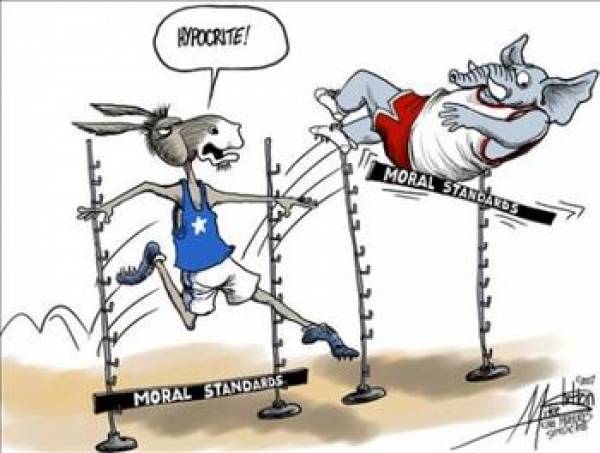Opposition to Sports Betting in Delaware About Money, Not Ethics

What a shocker, a columnist for the Prescott Daily Courier is calling out those who oppose legalized sports betting in Delaware, suggesting its all about money and nothing to do with ethics as these individuals would want us to believe.
Delaware recently became the second state in the union - in addition to Nevada - to allow sports betting and they intend to reap all the benefits that come with it. Gambling911.com recently reported that the May 2 Kentucky Derby was the biggest betting event ever in the U.S. in terms of numbers of wagers (the Super Bowl tends to get larger denominations).
Not surprisingly, the state of Kentucky has been trying to keep money wagered on the Churchill Downs event in Kentucky. Likewise, the NFL and other major sports leagues are also working hard to quash betting on major league sports matchups.
From the Courier's Jordan Kobritz:
"It wasn't that long ago when all sports leagues banned sponsorship dollars from gambling interests. But as the dollars available from gambling interests grew larger, and the cost of doing business in the sports world increased, prohibitions against accepting sponsorship money from "legal" gambling interests, i.e., state lotteries and casinos, began to erode.
"Today, there's hardly a sports league on any level that doesn't accept - or isn't considering accepting - sponsorship dollars from gambling interests. The latest edition of the Sports Business Journal reported that NFL owners, meeting in Florida this week, plan to vote on a proposal that would allow teams to sell lottery sponsorships.
"When it comes to embracing gambling, sports leagues and teams conveniently ignore the message they may be sending to players and fans, especially the young ones. MLB, which professes concern over the message it sends to young people on the issue of PEDs, apparently has no such qualms when it comes to gambling, be it casinos - check out the Arizona Diamondbacks' "Presenting Sponsorship" deal with the Gila River Casinos - or a lottery - see the Red Sox' instant game with the Massachusetts Lottery.
"Even that self-anointed bastion of virtue, the NCAA, doesn't prohibit its member schools from forming financial alliances with gambling interests. In the Pac-10 alone, seven of the ten teams accept money from lotteries and/or casinos.
"According to the U.S. government, lotteries are legal in 41 states, plus the District of Columbia and Puerto Rico. Casinos operate legally in at least 34 states. But just because something is legal doesn't make it ethical. Unlike laws, which prohibit certain actions at the risk of punishment, ethics are a matter of conscience. You're free to do whatever your conscience allows you to do, with no "legal" consequence."
This past week, Delaware Gov. Jack Markell requested the court's view on the bill he signed into law following the NFL's opposition.
An attorney for the NFL, which opposes the lottery, said the league would wait for the justices' opinions before deciding whether to challenge the wagering legislation in court.
Among the issues facing the court are whether chance, rather than the skill, must and will be the predominant factor in wagering, particularly in straight betting and whether the state, which would contract with a licensed bookmaker, would control the lottery, as required by the constitution.
The NFL has called sports betting a "game of skill", which is ironic in that the Poker Players Alliance is attempting to have online poker legalized on the basis that it is a "game of skill" as opposed to a "game of chance".
Christopher Costigan, Gambling911.com Publisher












